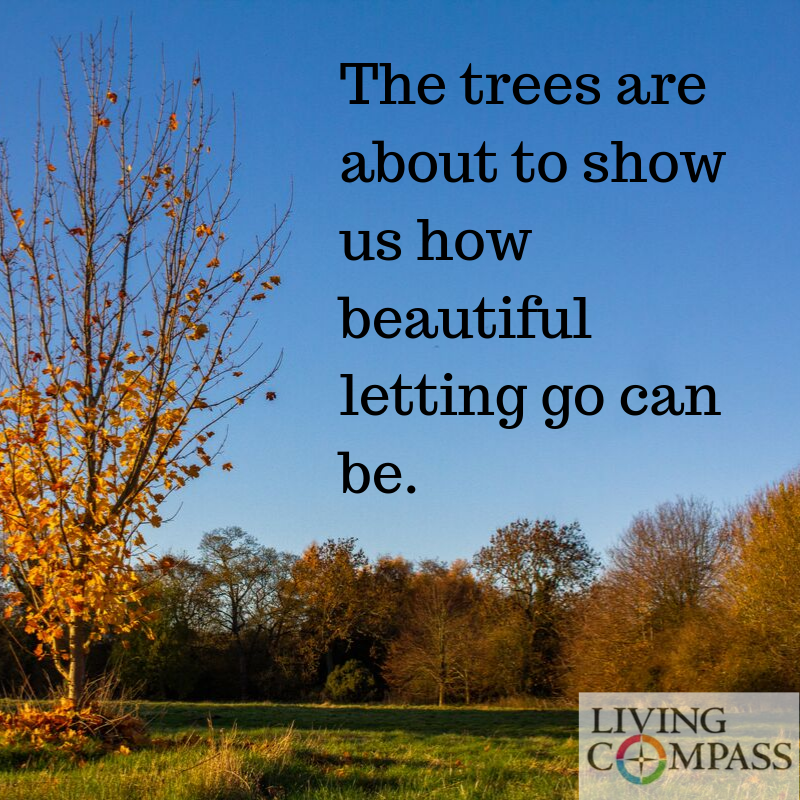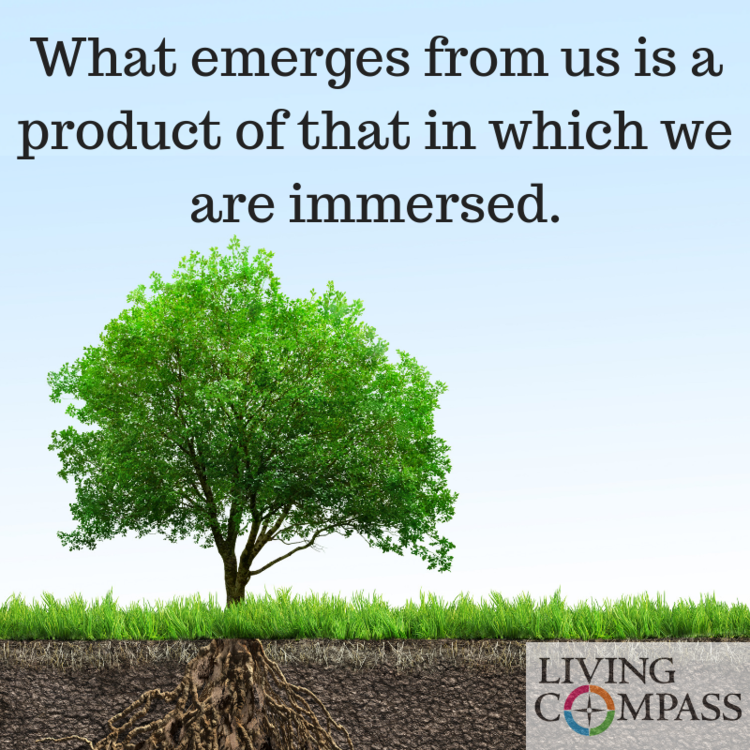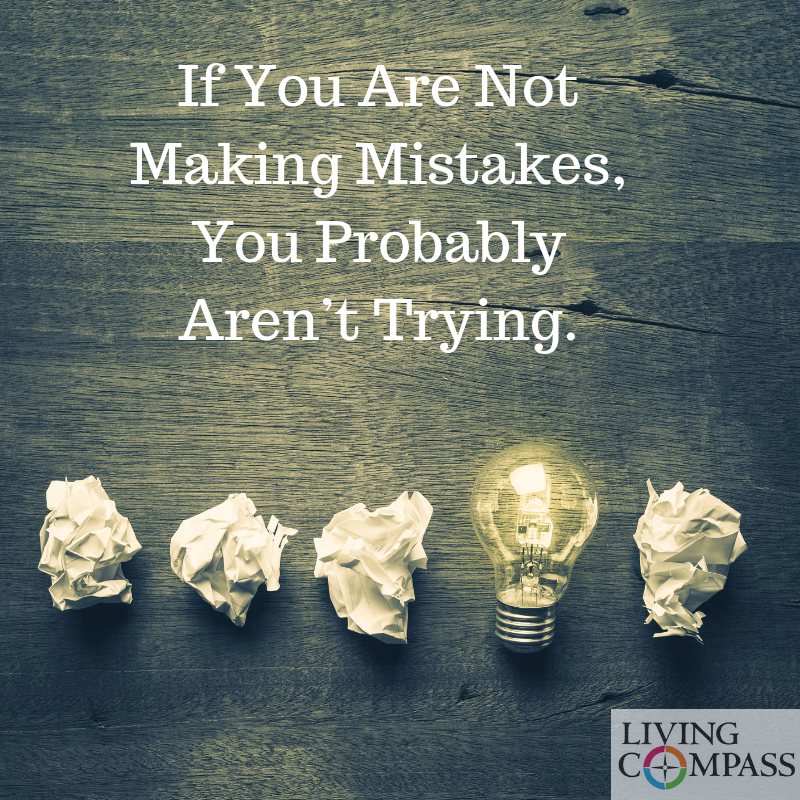Of Grief and Gratitude
I have had several conversations with people about my column from last week, where I wrote about how the season of fall reminds us that loss and letting go are a natural and inevitable part of life. A couple of people said this is precisely why they don't like fall because it does remind them of loss. I understand that because feeling the sadness we have about the losses we have experienced is never easy. A question I often get as both a pastor and therapist is some version of, "Do I really have to talk about and feel my sadness and grief, or is it best to just try not to think about it, in hopes that it will go away on its own?"
Take a moment and think about the people in your life who you think of as wise, the people who you might describe as "old souls." I know for me, the people I think of in this way, are also people who have been through a lot and have come out the other side wiser and deeper, both emotionally and spiritually. They have been through hard times, including challenge and loss, and have emerged more grateful and wiser about life.
So while none of us desires experiences of grief and loss, they are, of course, inevitable. Our only choice is how we will carry them.
Francis Weller, a well-respected psychotherapist and grief expert, says all of this much better than I am saying it here. And so I will close with a long quote from him, the same one that is found in the box above. May his wisdom help us to see that it is in the way we carry our losses that enhances our capacity for compassion and gratitude.
"The work of the mature person is to carry grief in one hand and gratitude in the other and to be stretched large by them. How much sorrow can I hold? That's how much gratitude I can give. If I carry only grief, I'll bend toward cynicism and despair. If I have only gratitude, I'll become saccharine and won't develop much compassion for other people's suffering. Grief keeps the heart fluid and soft, which helps make compassion possible."
Subscribe Now to Weekly Words of Wellness:
Click the button below to signup for the e-mail version of Weekly Words of Wellness. This weekly article can be shared with your community electronically and/or used for group discussion.
You can unsubscribe at any time.




